Seattle Times
By Brian M. Rosenthal
Seattle Times Olympia bureau
OLYMPIA — State Senate Republicans announced Thursday they will vote to allow financial aid for students who were illegally brought to the United States as children, a stunning reversal that paves the way for passage of a top Democratic priority.
Higher Education Committee chairwoman Sen. Barbara Bailey, R-Oak Harbor, who 18 days ago described the so-called state “Dream Act” as not a priority, said she expects a version of the bill to pass through her committee and the Senate floor Friday.
It already passed the House and has Gov. Jay Inslee’s support.
“This has never been about immigration,” said Bailey, flanked by supporters, in an afternoon news conference. “It’s about making sure that we take care of the students that live in our state.”
Bailey said the Senate also plans to vote Friday on a separate bill to offer in-state tuition to students on active military duty and some veterans and their families.
The announcement served as a jolt in a quiet legislative session, surprising many in the Capitol.
But advocates said moderate Republicans, especially floor leader Sen. Joe Fain, R-Auburn, have quietly been pushing the immigrant bill for months.
“Things just needed to come together the right way,” Fain said.
Bailey and other GOP leaders said they decided to support the proposal after ensuring it would include enough money to avoid hurting the chances of thousands of students already on the waitlist for state financial aid.
The Republican version, Senate Bill 6523, would include $5 million for the State Need Grant program to offset the expected caseload increase.
About 1,100 more students would receive aid, according to Rachelle Sharpe of the Washington Student Achievement Council, which administers the grants.
The newly eligible students would not receive all of the new grants, Sharpe said. They would simply be allowed into the larger pool.
About 74,000 students currently receive State Need Grants, and an additional 32,000 eligible students were turned away last year because of a lack of funding.
Democrats hailed the GOP’s announcement as a major step forward for the state. Rep. Larry Seaquist, a Gig Harbor Democrat who chairs the House Higher Education Committee, called it “a win for our students.”
In a statement, Inslee thanked Senate leaders “for standing on the side of opportunity for all.”
“It is heartening that we now have a clear path to help more Washington students pursue their college dreams,” Inslee said.
The governor had called in his State of the State address for the Senate to approve the proposal. But up until Thursday, that looked unlikely.
When the Democrat-controlled state House voted 71-23 for its version of the bill on the first day of the session, Senate Republicans signaled that it would not move in their chamber.
Speaking for the caucus, Bailey said “we have a lot of things that take priority over this.” She also cited the current waitlist.
Senate Republicans also declined to take up the bill after it passed the state House last year, and blocked an attempt by minority Democrats to take over the chamber to bring up the proposal.
But the bill introduced Thursday by Bailey and five other members of the GOP-led Senate Majority Coalition Caucus, including Majority Leader Rodney Tom, was virtually identical to the House version.
The only difference was that in the Senate bill, which supporters called the REAL Hope Act, spelled out the cost.
“We didn’t want to create a false promise,” Bailey said.
Thursday’s news conference featured several advocates and two students who could benefit from the bill.
One of them, 19-year-old Dulce Siguenza, fought back tears as she described moving last year from the University of Washington to South Seattle Community College because she could no longer afford the UW without aid.
“We promise you that we will make you guys proud because this bill will give us the opportunity to reach our goals and give back to our community later on,” said Siguenza, who was brought here from Mexico at age 11.
For another speaker, Latino/a Educational Achievement Project founder Ricardo Sanchez, the announcement marked the near-end of an 11-year fight for the policy.
“This represents the unlocking of hope and aspirations of academic achievement for many, many students,” he said.

